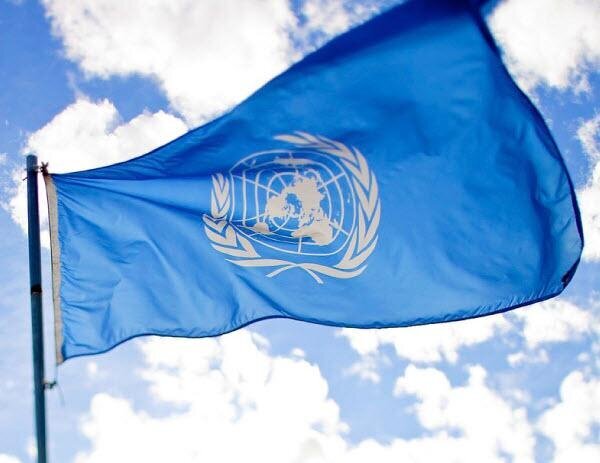“Millions now face deteriorating living conditions, heightened risks of exploitation and abuse, and may be pushed into further displacement,” it said. “Following major cuts to humanitarian budgets, up to 11.6 million refugees and others forced to flee risk losing access this year to direct humanitarian assistance from UNHCR. The figure represents about one-third of those reached by the organization last year.”
In 2025, the main UNHCR assistance programs have already been reduced by $1.4 billion. UNHCR’s total 2025 funding needs stand at $10.6 billion, satisfied by only 23% by the middle of the year.
The lack of funds affected UNHCR’s activities not only in Africa, as financial assistance and supplies of basic necessities were reduced by 60% worldwide, and housing programs were curtailed, TASS reported.
“In places like Niger, cuts in financial aid for shelter have left families in overcrowded structures or at risk of homelessness,” the report says.
“Around 1.9 million Afghans have returned home or been forced back since the start of the year, but financial aid for returnees is barely enough to cover food costs, let alone rent, undermining efforts to ensure stable reintegration. In camps hosting Rohingya refugees in Bangladesh, education for some 230,000 children is at risk of being suspended. UNHCR’s entire health program in Lebanon is at risk of being shuttered by the end of the year.”
The UNHCR stressed that the current refugee situation in the world is alarming. Earlier this year, the administration of US President Donald Trump suspended funding for UNHCR. Prior to that, the United States contributed about $2 billion a year to the UNHCR budget.
MNA/
